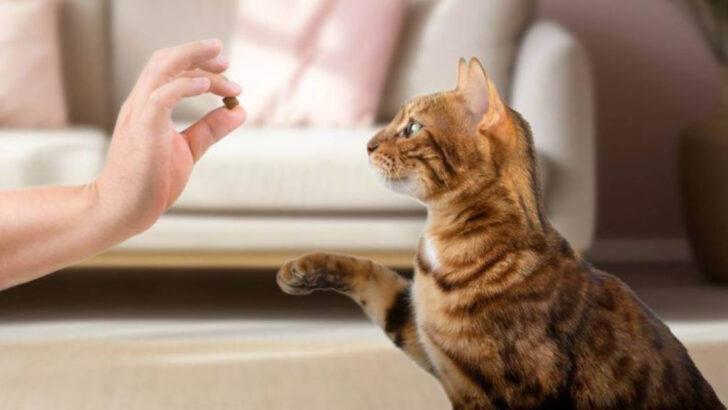Cats may be cute, but they’re not always cuddly — and definitely not beginner-friendly.
Behind those wide eyes and graceful paws hides a creature with serious attitude, unpredictable quirks, and a master’s degree in ignoring humans. If you’re dreaming of a snuggly, low-maintenance companion for your first pet… you might be in for a surprise.
Don’t get us wrong — cats can be amazing. But they’re also fiercely independent, picky about everything, and masters of emotional whiplash.
One minute they’re purring in your lap, the next they’re knocking your glass off the table just because they can.
If you’re stepping into the world of pet ownership for the first time, you might want something a little less… complicated. Here are 10 solid reasons why a cat might not be the best starting point.
Independent Nature
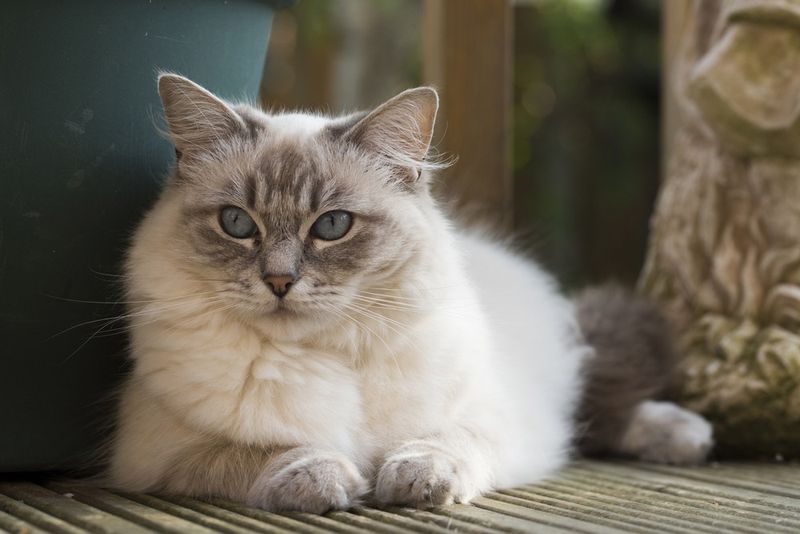
A cat’s independent nature might seem appealing, but for first-time pet owners, it can be a challenge. Cats often enjoy solitude and may not provide the constant companionship some new pet owners crave.
Unlike dogs, cats may not always greet you enthusiastically at the door. Their aloofness can feel like a lack of affection, which might be off-putting for someone seeking an interactive relationship.
New pet owners may find this distant behavior disheartening. Understanding a cat’s need for space is crucial, but it may not align with your expectations of a first pet.
Litter Box Maintenance

Maintaining a litter box is not glamorous, yet it is an essential part of cat ownership. Unlike taking a dog for a walk, cleaning a litter box can be an unpleasant task that some new pet owners might underestimate.
Cats are very particular about cleanliness, and a dirty litter box can lead to undesirable behavior. Understanding this requirement is vital for maintaining a harmonious home.
For those unused to such responsibilities, this aspect of cat care may be overwhelming. The commitment to clean regularly is something first-time pet owners must consider.
Dietary Specifics

Cats have particular dietary needs that require attention. Unlike some pets that can eat a broad range of foods, cats often need specific nutrients only available in high-quality cat food.
This can lead to higher costs and more effort in selecting the right products. First-time pet owners may find this both surprising and challenging.
Moreover, some cats have allergies or health issues requiring special diets. Navigating these needs can be daunting for those without experience, making cats a complicated choice for a first pet.
Potential Allergies

Cats are known to trigger allergies in many people. This can be particularly concerning for first-time pet owners who may not yet know their sensitivities.
The proteins found in cat saliva and dander are common allergens that can cause sneezing, itching, and other unpleasant reactions. Discovering an allergy after adopting a cat can lead to difficult decisions.
This potential issue can make cats a risky choice for those new to pet ownership. Understanding the risks and testing for allergies beforehand is crucial to avoid future problems.
Scratching Behavior

Cats naturally love to scratch, and this behavior can be a source of frustration for new pet owners. Furniture, carpets, and even walls can become targets of their claws.
Providing scratching posts and regular nail trims can help mitigate the damage. However, these measures require time and understanding of a cat’s needs.
For those unprepared for this behavior, the destruction can be overwhelming. Considering this aspect of cat ownership is vital before bringing one home as a first pet.
Noisy Nights
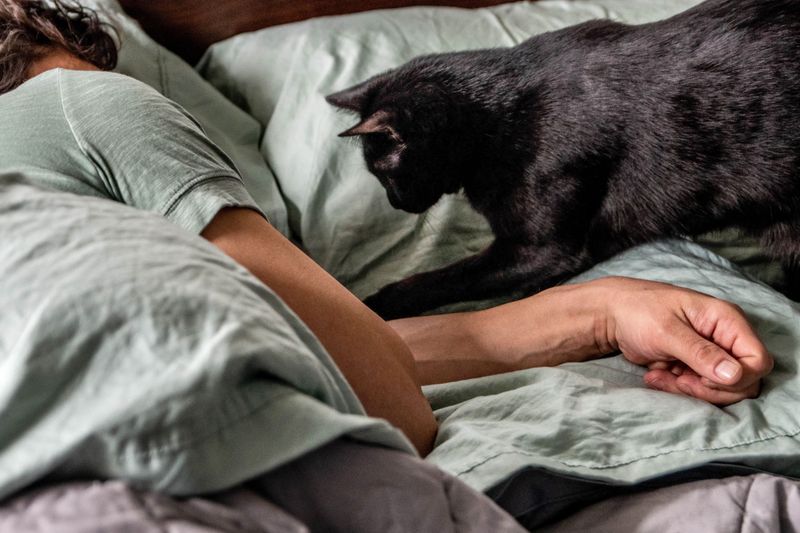
Cats are often nocturnal creatures, which can lead to sleepless nights for their owners. Nighttime antics and vocalizations might disturb those unaccustomed to such behavior.
Some cats enjoy playing or hunting imaginary prey at night, leading to noise and activity that a new pet owner may find irritating.
Learning to adapt to a cat’s nighttime behavior takes patience and understanding. For first-time pet owners, this might be an unexpected and challenging adjustment to make.
Introverted Personalities
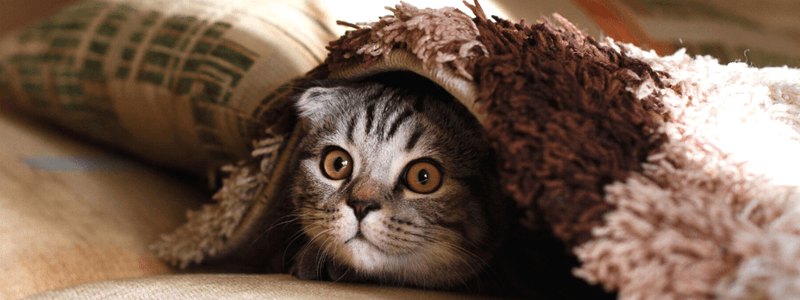
Cats often have introverted personalities that may not match everyone’s expectations of a pet. A shy or reclusive cat might hide away, avoiding interaction with people.
This behavior may feel like rejection, especially for those seeking a constant companion. Understanding and respecting a cat’s boundaries requires patience and empathy.
For first-time pet owners, this introversion can lead to disappointment. It’s essential to set realistic expectations about a cat’s social nature to avoid frustration.
Health Care Needs
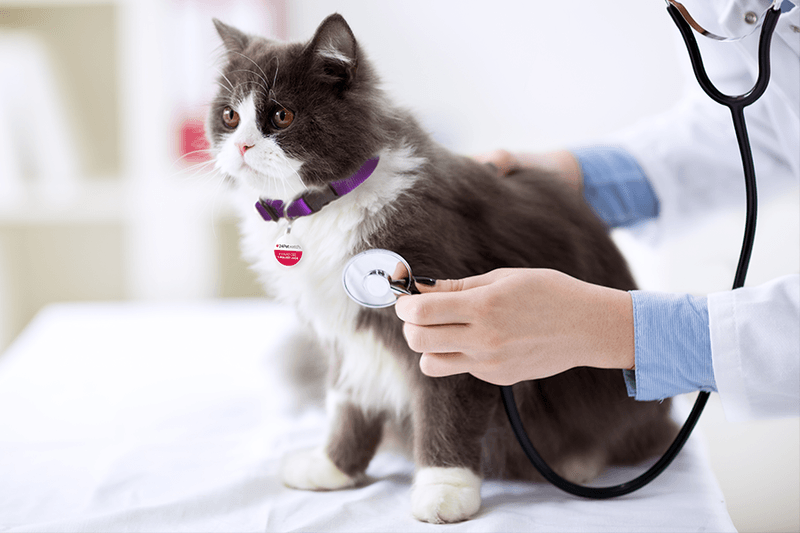
Cats require regular health care, including vaccinations and check-ups. These needs can be more demanding than expected for someone new to pet ownership.
Veterinary visits can be stressful for both cat and owner. Understanding the importance of preventive care is crucial to ensure a cat’s well-being.
The financial and emotional commitment to keeping a cat healthy can be substantial. First-time owners must be prepared for this responsibility.
Escape Artists
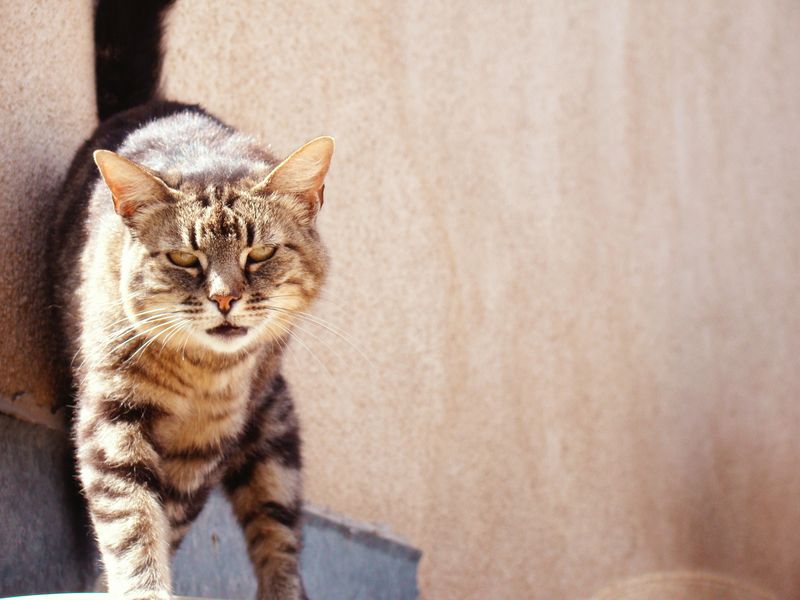
Cats are curious creatures and can become escape artists. Their desire to explore may lead them to slip outside, creating worry for their owners.
Ensuring a safe environment and preventing accidental escapes require vigilance and careful planning. For those not used to such challenges, this aspect of cat ownership can be stressful.
Understanding a cat’s adventurous nature and taking precautions is essential, especially for first-time pet owners. It’s a unique challenge that not everyone may be ready for.
Limited Trainability

Training a cat is quite different from training a dog. Cats are known for their independence and may not respond to commands in the way some other pets do.
This can be frustrating for new pet owners hoping for easy communication. Consistent training requires patience and often yields limited results.
Understanding and accepting a cat’s trainability is vital. For first-time pet owners, this can be a daunting realization, making cats a potentially challenging choice for a first pet.

